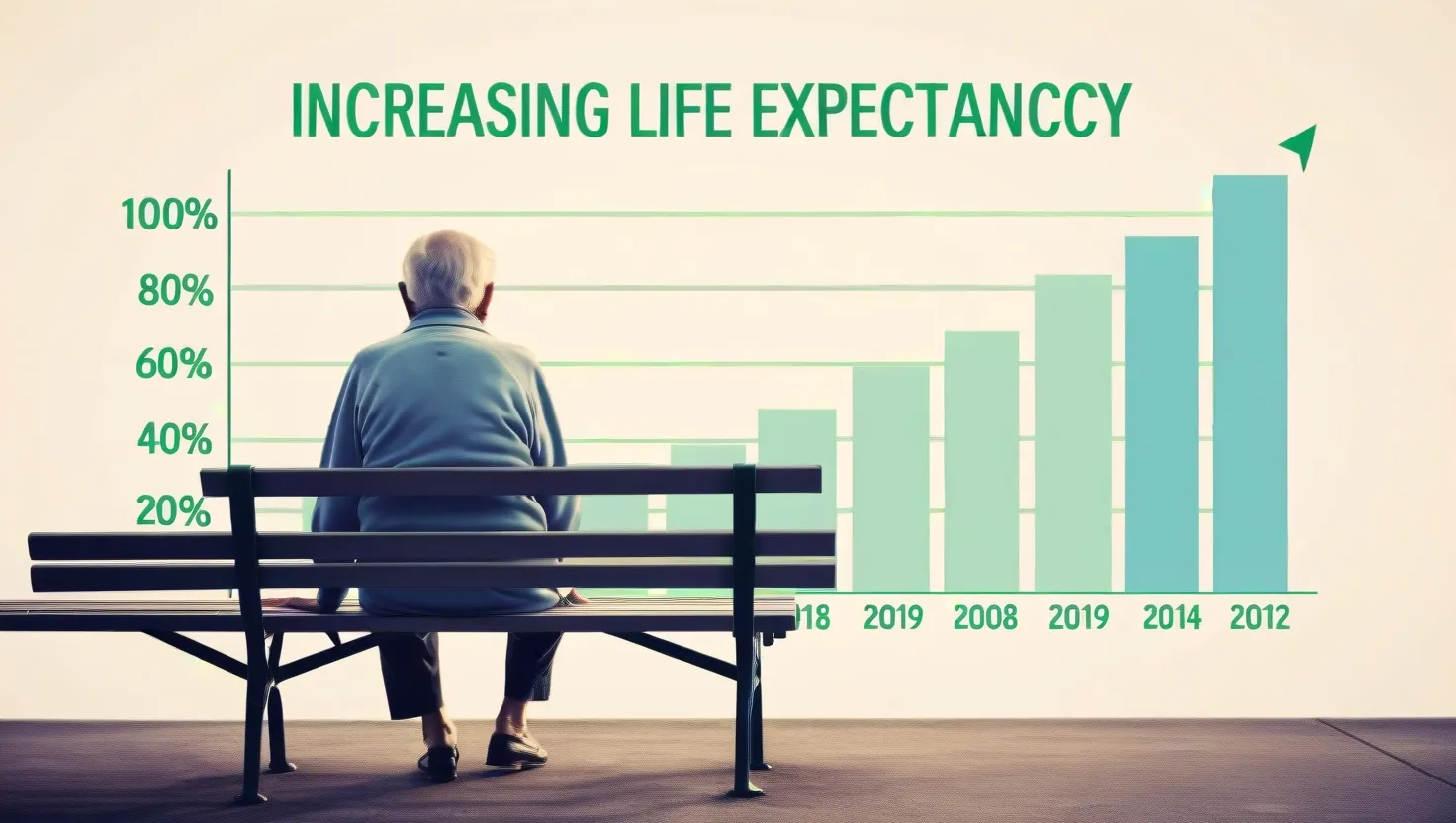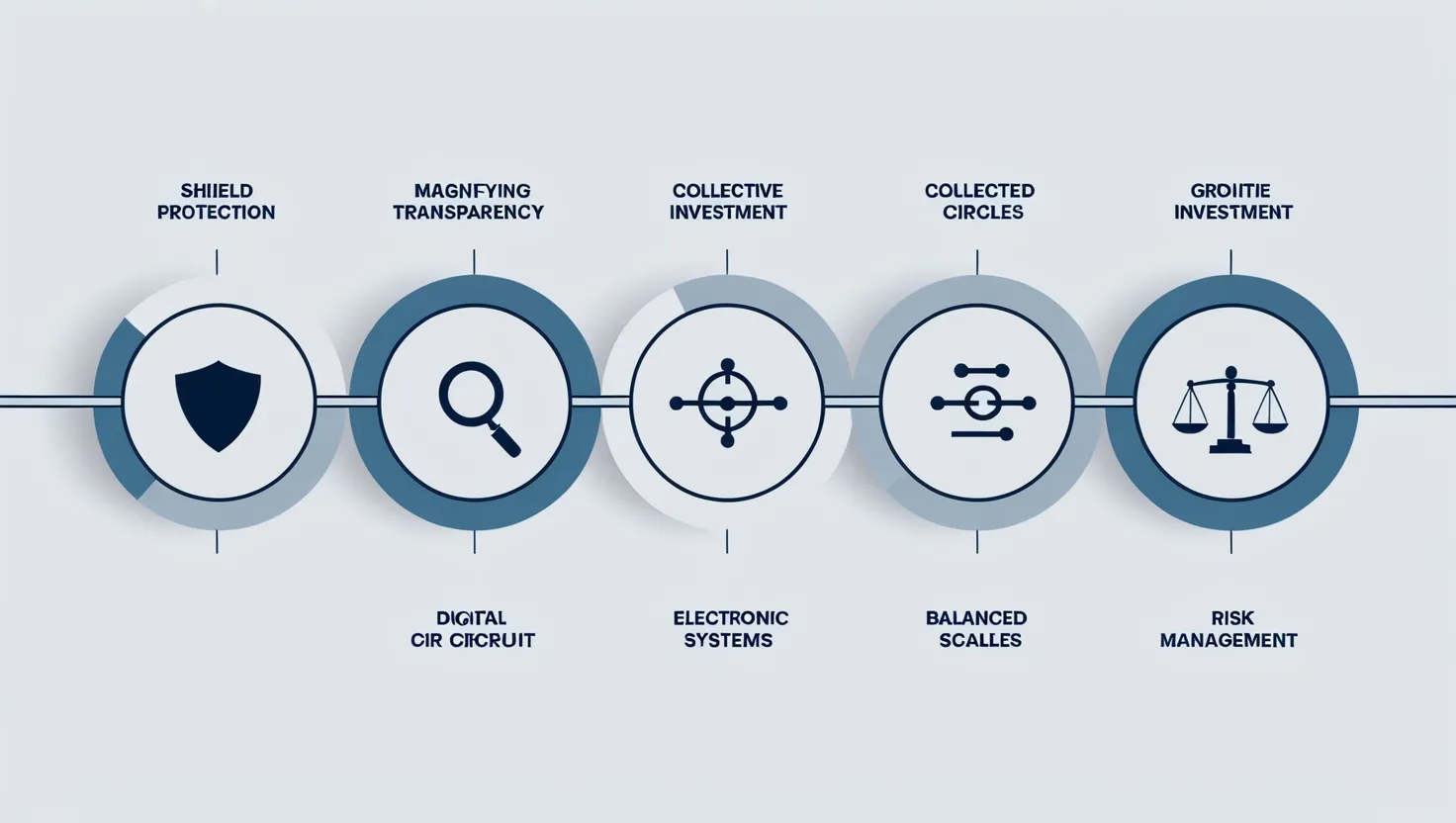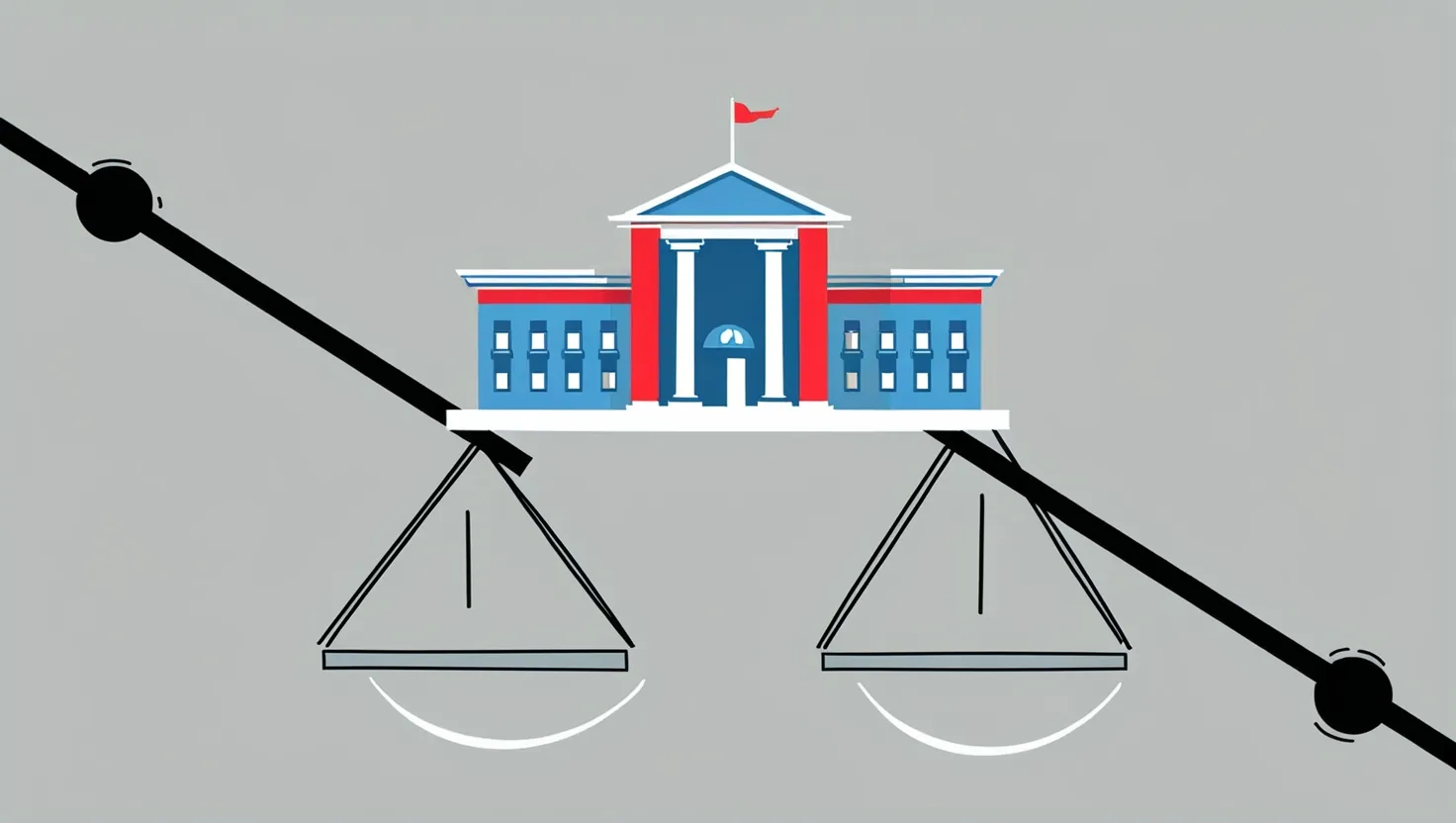Credit scores make a big difference in your financial life. Basically, that three-digit number tells everyone how well you handle money. It ranges from 300 to 850, and the higher it is, the better you look to lenders.
Why should you care about it? Well, your credit score can be the reason you get a loan or not, and at what interest rate. High scores often land you lower rates, saving a ton of money on things like mortgages and car loans.
Credit scores also play a role in what you pay for insurance. Companies assume folks with good credit are less risky, so they often charge them less. It’s funny how being good with credit affects so many things—like how much you pay to insure your belongings.
Then there’s renting an apartment or setting up utilities. Landlords and utility companies check your score to see if you’re a responsible payer. A good score can make the whole process smoother and might even mean lower security deposits or none at all.
Believe it or not, some employers look at your credit score too. They see it as a sign of responsibility and reliability, which gives you an edge, especially if the job involves managing money.
Keeping a good credit score isn’t rocket science. Pay bills on time—late payments can tank your score. Don’t max out your cards; try to use less than 30% of your available credit.
For building credit, try a credit-builder loan or secured credit card. With a credit-builder loan, the money you borrow is put into a savings account until you’ve made a series of payments. A secured credit card requires you to deposit money upfront, which becomes your credit limit. These steps can help you get or improve a credit history.
Already got a good score? Keep it that way. Don’t close out old accounts—they show a long history of good behavior. Check your credit report regularly for mistakes that could drag you down.
In short, having a good credit score opens up a lot of doors. It helps you get better deals on loans, lower insurance costs, and can even help in getting a job or a place to live. By knowing how scores work and keeping good habits, you can steer your financial life in the right direction and create more opportunities for yourself.






